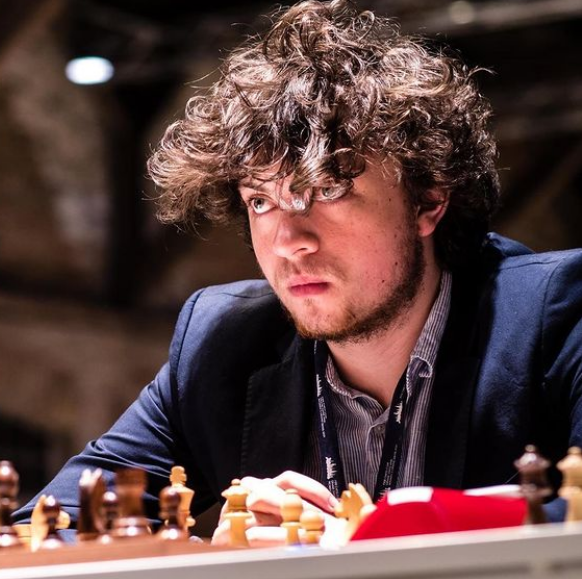The chess world plunged into controversy and confusion earlier this month after chess grandmaster Magnus Carlsen’s shock withdrawal from an over-the-board US tournament. Carlsen withdrew after a match with young US player Hans Neimann in which Carlsen was defeated, triggering a variety of “cheating” claims. Shortly afterwards he posted a cryptic Jose Murinho meme tweet saying “If I speak I am in big trouble”. He later released a full statement on twitter voicing his concerns about cheating in chess and Neimann specifically.
My statement regarding the last few weeks. pic.twitter.com/KY34DbcjLo
— Magnus Carlsen (@MagnusCarlsen) September 26, 2022
It appears that the central issue was whether Carlsen believed the pre-game analysis of his intended surprise was leaked, either by a mole within his camp or by a computer hack.
Anti-cheating regulations enforced by the World Chess Federation (commonly referred to by its French acronym FIDE) lay down a detailed and non-exhaustive list of fair play violations. The FIDE Handbook defines cheating as the use of electronic devices or other sources of information or advice during a game, or manoeuvres such as result manipulation, sandbagging, match-fixing and rating fraud.
For online chess tournaments, playing without a camera on or without a shared screen are considered technical violations and may be penalised, but do not constitute cheating per se.
During the pandemic, online chess playing rose in popularity, and with that, the use of softwares called chess engines for cheating. Some chess engines not only suggest the most tactical move for the player but also predict the possible next moves of the opponent.
Last year, Nikhil Kamath, who co-founded the commercial stock brokerage company Zerodha, was found cheating in an online charity chess event against Viswanathan Anand. His moves were calculated to be 98.9% efficient, signifying a near perfect play. He was thereafter blocked by Chess.com for violating its Fair Play Policy. Kamath later admitted to cheating in a cheeky statement that reads, “It is ridiculous that so many are thinking that I really beat Vishy sir in a chess game.”
It is ridiculous that so many are thinking that I really beat Vishy sir in a chess game, that is almost like me waking up and winning a 100mt race with Usain Bolt. 😬 pic.twitter.com/UoazhNiAZV
— Nikhil Kamath (@nikhilkamathcio) June 14, 2021
Grandmaster RB Ramesh spoke about the possibilities of cheating in an over-the-board event in an interview with Scroll.in, saying “You need at least one more helper to do this. You cannot do it on your own because you cannot be seen operating a mobile phone. There are cases of players who keep a mobile phone in the toilet. After every few moves they would go to the toilet and use the mobile phone.”
FIDE allows players to report a suspected fair play violation through a Post-Tournament Complaint Form available on their website. All complaints are handled by FIDE’s Fair Play Commission. However, Ramesh says players are careful to accuse someone of cheating, since they may in-turn be accused of “being out to destroy the reputation of a player.” Considering this fact, Carlsen’s cryptic meme tweet makes sense.
Organisers of chess events are mandated to clearly and carefully designate areas for players and for spectators. They must also try to prevent contact between players and spectators as much as possible.
In the wake of Carlsen’s withdrawal, Sinquefield Cup announced additional anti-cheating precautions, including a 15-minute delay in the broadcast and increased radio-frequency identification checks. The delay in broadcast was intended to foil any plans of an external person who might have tried to communicate with a player or their aides to facilitate cheating.
With close videography of games and computer analysis, it has gotten easier to detect possible violations. Yet it is still tough to conclusively determine that a player has intentionally cheated. This is why Neimann was let off the hook.





